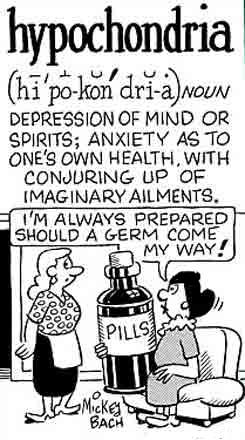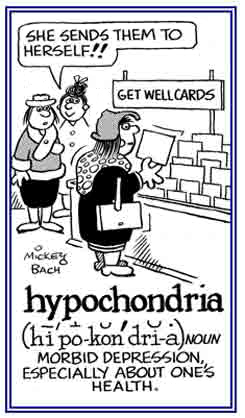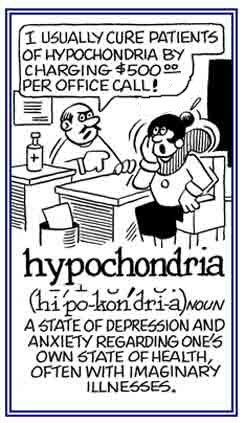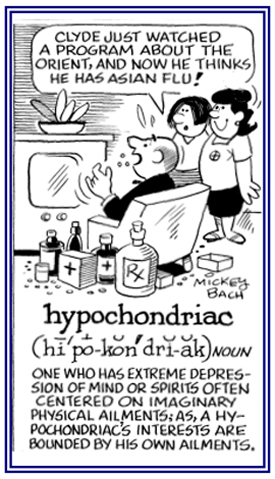hypo-, hyp-
(Greek: under, below, beneath; less than; too little; deficient, diminished; used as a prefix)
hypobiosis
A condition of those benthic organisms that live under surface structures such as domes and other similar situations.
hypobiotic
hypoblast
hypobole
1. A condition in which the level of carbon dioxide in the blood is lower than normal which can result from deep or rapid breathing.
2. Abnormally decreased arterial carbon dioxide tension; hypocarbia.
2. Abnormally decreased arterial carbon dioxide tension; hypocarbia.
hypocarp
hypocarpogean
hypocarpogenous
hypocaust
In architecture, an open space below a floor to allow the passage of hot air and smoke in order to heat the room above.
This type of heating was developed to a high degree by the Romans who used it not only in the warm and hot rooms of the baths, but also almost universally in private houses in the northern provinces.
Many examples of such hypocausts exist in villa and house foundations in Roman centers in Germany and England. The usual custom was to lead the smoke from a hypocaust into a single vertical flue through which it escaped into the open air.
The word comes from Latin hypocaustum, and previously from Greek hypokauston and ultimately from Greek hypokaiein, "to light a fire beneath".
hypocenter
hypochlorous
1. Pertaining to, or derived from, chlorine having a valence lower than in chlorous compounds.
2. An acid derived from chlorine, not known in a pure state, but forming various salts, called hypochlorites.
2. An acid derived from chlorine, not known in a pure state, but forming various salts, called hypochlorites.
1. A psychological disorder characterized by an unusual or excessive concern or worry about one's health or having a serious illness: Mona revealed her hypochondria by talking constantly about her health concerns with her friends, not only with her doctor.
2. An abnormal concern about one's health, with the false belief that one is suffering from some disease even when there are medical reassurances that the person is not ill: Glenda's doctor told her that there was no evidence that she was suffering from any kind of physical sickness; however, it was possible that she might have a psychological disorder known as hypochondria.

© ALL rights are reserved.

© ALL rights are reserved.

© ALL rights are reserved.
Go to this Word A Day Revisited Index
2. An abnormal concern about one's health, with the false belief that one is suffering from some disease even when there are medical reassurances that the person is not ill: Glenda's doctor told her that there was no evidence that she was suffering from any kind of physical sickness; however, it was possible that she might have a psychological disorder known as hypochondria.



Go to this Word A Day Revisited Index
for a list of additional Mickey Bach illustrations.
An individual with an abnormal and excessive interest in and fear of disease, especially people who are otherwise healthy: Jane often complained about feeling ill, told her friends, and often went to the doctors, but they could never find anything causing the pain and diagnosed her as being a hypochondriac.

© ALL rights are reserved.
Go to this Word A Day Revisited Index

Go to this Word A Day Revisited Index
so you can see more of Mickey Bach's cartoons.
hypochondriac (adjective), more hypochondriac, most hypochondriac
Descriptive of a psychological disorder characterized by the excessive preoccupation or worry about having a serious illness.
hypochondriacal


